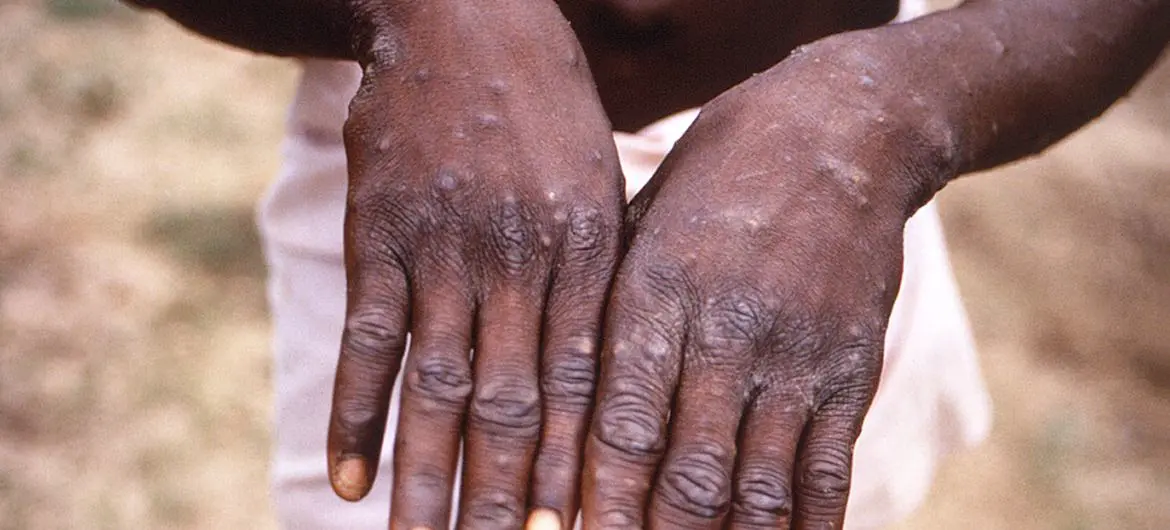Some cases have been identified through sexual health clinics and investigations are ongoing.
The disease could affect anyone
According to WHO, available evidence suggests that those who are most at risk are those who have had close physical contact with someone with monkeypox, and that risk is not limited to men who have sex with men.
UNAIDS urged media, governments, and communities to respond with a rights-based, evidence-based approach that avoids stigma.
“Stigma and blame undermine trust and capacity to respond effectively during outbreaks like this one,” said Matthew Kavanagh, UNAIDS Deputy Executive Director. “Experience shows that stigmatizing rhetoric can quickly disable evidence-based response by stoking cycles of fear, driving people away from health services, impeding efforts to identify cases, and encouraging ineffective, punitive measures”.
Mr Kavanagh highlighted that the agency appreciates the LGBTI community for having led the way in raising awareness of monkeypox and reiterated that the disease could affect anyone.
“This outbreak highlights the urgent need for leaders to strengthen pandemic prevention, including building stronger community-led capacity and human rights infrastructure to support effective and non-stigmatizing responses to outbreaks”, he noted.
The agency urged all media covering Monkeypox to follow WHO’s updates.
More cases expected
The UN health agency said over the weekend that as the situation is evolving and the surveillance expanding, it is expected that more monkeypox cases will be identified.
To date, all cases whose samples were confirmed by PCR have been identified as being infected with the West African clade.
Genome sequence from a swab sample from a confirmed case in Portugal indicated a close match of the monkeypox virus causing the current outbreak, to exported cases from Nigeria to the United Kingdom, Israel and Singapore in 2018 and 2019.
WHO said that the identification of confirmed and suspected cases of monkeypox with no direct travel links to an endemic area represents a ‘highly unusual event’.
monkeypox is a viral zoonosis (a virus transmitted to humans from animals) with symptoms very similar to those seen in the past in smallpox patients, although it is clinically less severe.
There are two clades of monkeypox virus: the West African clade and the Congo Basin (Central African) clade.
The name monkeypox originates from the initial discovery of the virus in monkeys in a Danish laboratory in 1958. The first human case was identified in a child in the Democratic Republic of the Congo in 1970.
monkeypox virus is transmitted from one person to another by close contact with lesions, body fluids, respiratory droplets and contaminated materials such as bedding. The incubation period of monkeypox is usually from 6 to 13 days but can range from 5 to 21 days.








